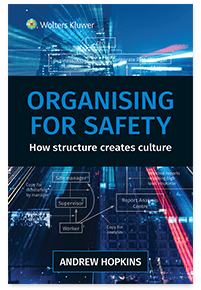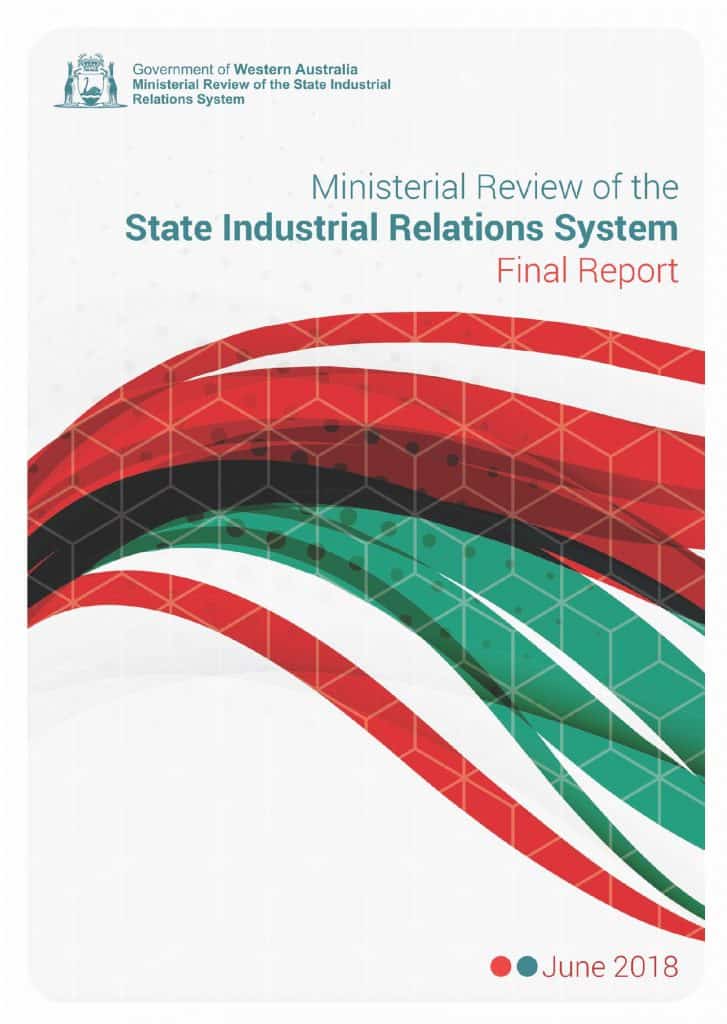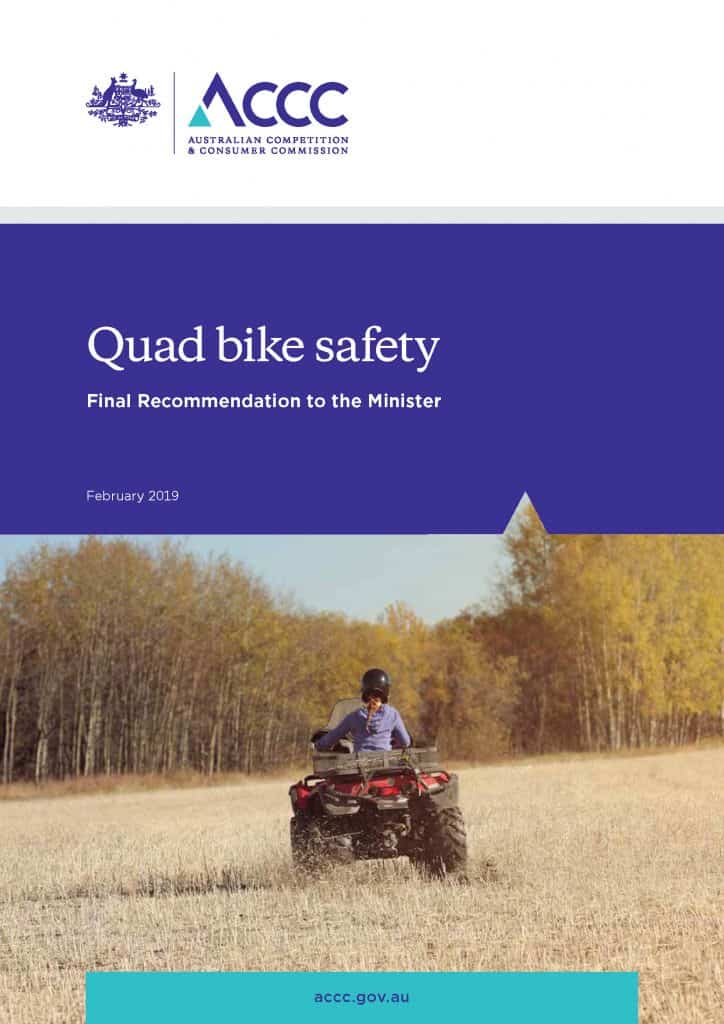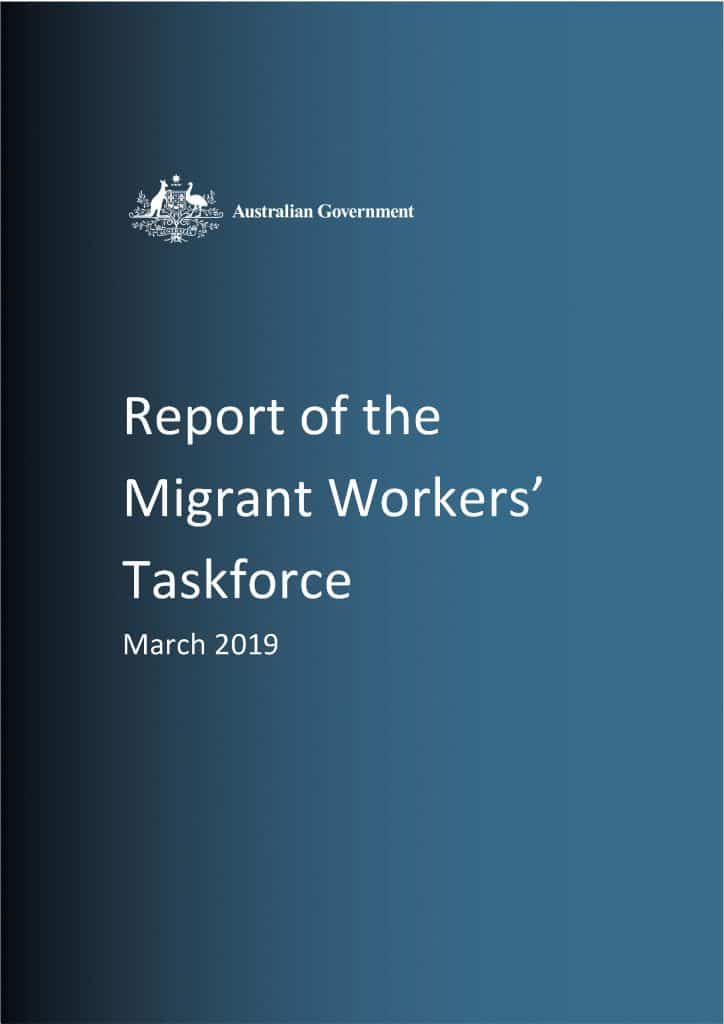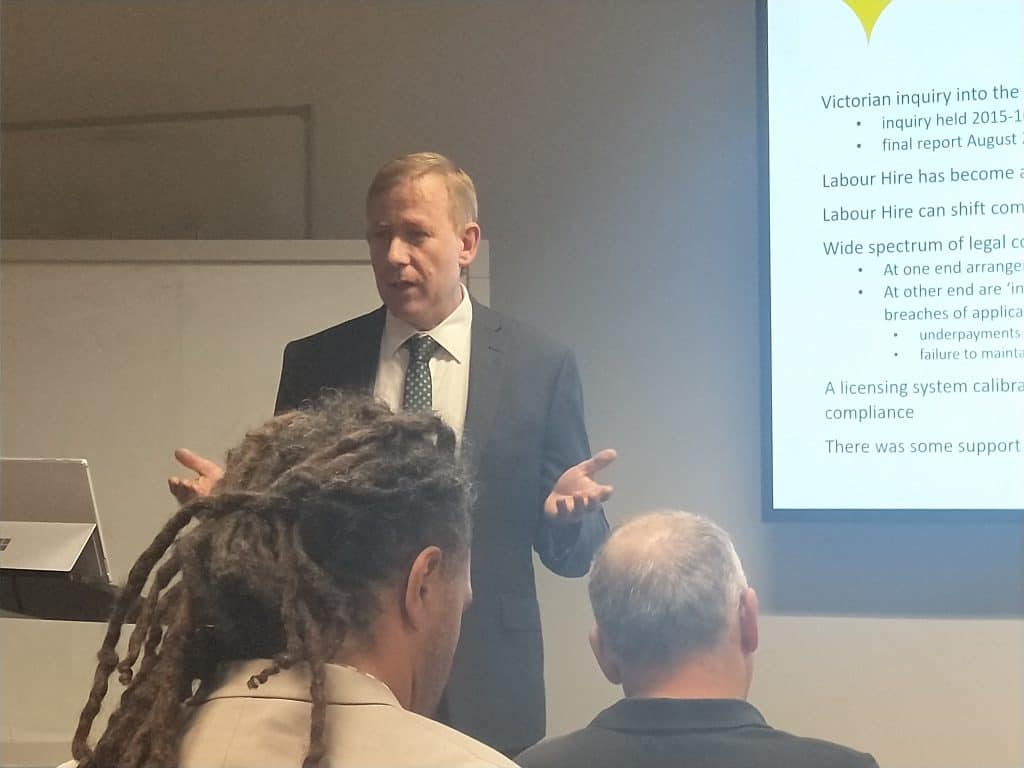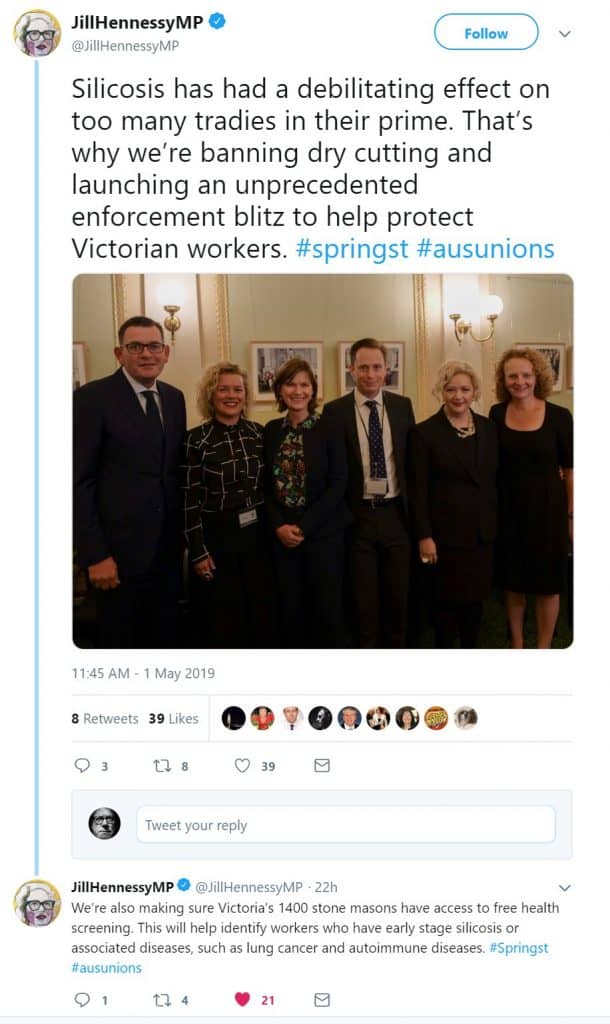
The Victorian Government has announced that various safety initiatives are being taken on the silicosis risks associated with products described as synthetic stone. This initiative is an important first step in reducing the exposure of workers to silicosis but there are some curiosities in the announcement and WorkSafe Victoria’s accompanying Information Sheet.
The core elements of the government’s action are:
- “A state-wide ban on uncontrolled dry cutting of materials that contain crystalline silica dust
- Free health screening for Victoria’s 1400 stonemasons
- A tough new compliance code for businesses working with silica
- An awareness campaign to highlight the risks of working with engineered stone”.


